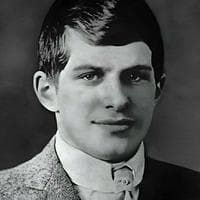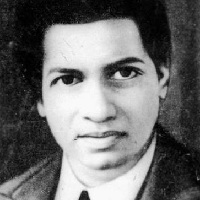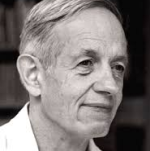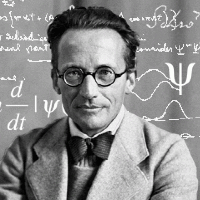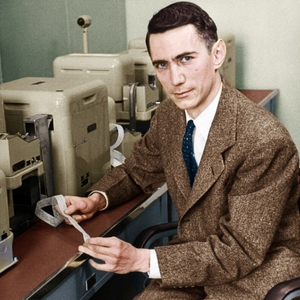John von Neumann MBTI性格类型
性格
"John von Neumann是什么人格? John von Neumann是MBTI中的ENTP人格类型,九型中的5w6 - so/sp - 731,五大类型中的SCUEI,Socionics中ILE类型。"
His brain was like a pristine, perfectly calibrated machine, even though he appeared socially playful and perfectly ordinary in casual conversation. For those that say ENTJ: https://www.youtube.com/watch?v=vLbllFHBQM4 You can see the NeTiFe clearly here; he certainly doesn't seem Fe demon (reluctance to use Fe). The very first few sentences is a volley of NeTi style logic-chopping. He was also a very strong Ti user; Edward Teller said that he was fundamentally interested in thinking for thinking's sake: he was addicted and thrilled by thinking, even if it served no purpose. This doesn't seem like a Te dom to me, who optimize their thinking toward some end. von Neumann also had a noticeable Sanguine side. He was known to be an absolutely reckless driver, preferring to read novels while driving (lol). He got ticketed and into car accidents numerous times. His wife said he could count anything except calories. Loved to crack irreverent jokes. Inf Si for sure.
背景
John von Neumann (December 28, 1903 – February 8, 1957) was a Hungarian-American mathematician, physicist, computer scientist, and polymath. Von Neumann was generally regarded as the foremost mathematician of his time and said to be "the last representative of the great mathematicians"; a genius who was comfortable integrating both pure and applied sciences. He made major contributions to a number of fields, including mathematics (foundations of mathematics, functional analysis, ergodic theory, representation theory, operator algebras, geometry, topology, and numerical analysis), physics (quantum mechanics, hydrodynamics, and quantum statistical mechanics), economics (game theory), computing (Von Neumann architecture, linear programming, self-replicating machines, stochastic computing), and statistics.


